Rhode Island Workers, Retailers, Grocery Stores, Liquor Stores & Distributors Unite To Oppose Proposed Bottle Bill
A bottle bill will raise costs on local small businesses and working families at a time Rhode Islanders are struggling with rising grocery prices and the high cost of living.
PROVIDENCE, R.I. – A broad coalition including consumers, small retailers, grocery stores, liquor stores, labor unions and beverage distributors have joined forces to form “Stop The Rhode Island Bottle Tax” to oppose proposed legislation HB 6206 that would impose a 10-cent fee on nearly all plastic, glass, and aluminum bottles and cans sold in Rhode Island.
This proposal amounts to a new tax that would raise costs significantly on hundreds of everyday beverages at a time when Rhode Islanders are struggling with higher costs for many essentials including food, housing and utilities. Under this proposal, the cost of a 24-pack of water bottles would go up by $2.40. The cost of a 12-pack of sports drinks would go up by $1.20.
Bottle bills elsewhere have added unnecessary burdens on residents who are forced to take bags of bottles and cans to redemption centers to redeem them. This regressive tax hurts most the busy families, seniors and low-income residents who may not have access to reliable transportation.
It is important that we improve recycling and protect our environment. However, there is a better way to do that without raising costs on working families and local small businesses.
Rhode Island has an effective and efficient curbside recycling system that is convenient for all residents. The State Legislature has the ability to adopt a modern system that captures all types of packaging instead of requiring massive new state investments in infrastructure for beverage containers only, which will only create new burdens for families, businesses and local governments. The reforms being proposed in the Extended Producer Responsibility (EPR) legislation will increase recycling rates by having producers of packaging take on the responsibility for strengthening recycling in the state.
“A bottle bill is going to have negative consequences for distributors, convenience, grocery and liquor store owners, and consumers,” said Eli Berkowitz, Owner of Little Rhody Foods, a local food and beverage distributor. “At the most basic level, a bottle bill is going to raise costs on the beverages Rhode Islanders buy every day, and at a time when so many families are already struggling with inflation. Instead of investing in massive new infrastructure required by the bottle bill, Rhode Island should be pursuing systems that have been proven successful.”
“I am very concerned that a new bottle bill in Rhode Island would force costs up for my business and our customers,” said Stephen Idahosa, Owner, Taste Of Africa Market in Providence. “It puts too many burdens on retailers and will raise costs for the working families who shop at them, particularly those who are unable to return bottles and cans. A far better system for Rhode Island to explore is one in which our producers are engaged and invested in reducing litter. This type of collaboration would improve recycling without burdening our small retailers and without raising costs for average Rhode Islanders.”
Dan Le, owner of Station 1 convenience store in Providence commented, “I operate a small convenience store and simply cannot afford the costs associated with a new bottle bill that would add a deposit fee on every individual bottle and can sold in Rhode Island. Small retailers face enough challenges already, and the last thing we need is to pay more for a major product in our business. A bottle bill will also raise costs for my customers who just want to purchase their favorite drinks at a reasonable price. If we’re serious about improving recycling rates in Rhode Island, lawmakers should be working with the public and private sectors to better educate people about curbside recycling, not pass a bad bill that will burden Rhode Islanders and local businesses across our state.”
For more information about the costs of the proposed Rhode Island bottle tax and the benefits of instead adopting an Extended Producer Responsibility model to increase recycling rates, please visit StopTheRIBottleTax.com.


